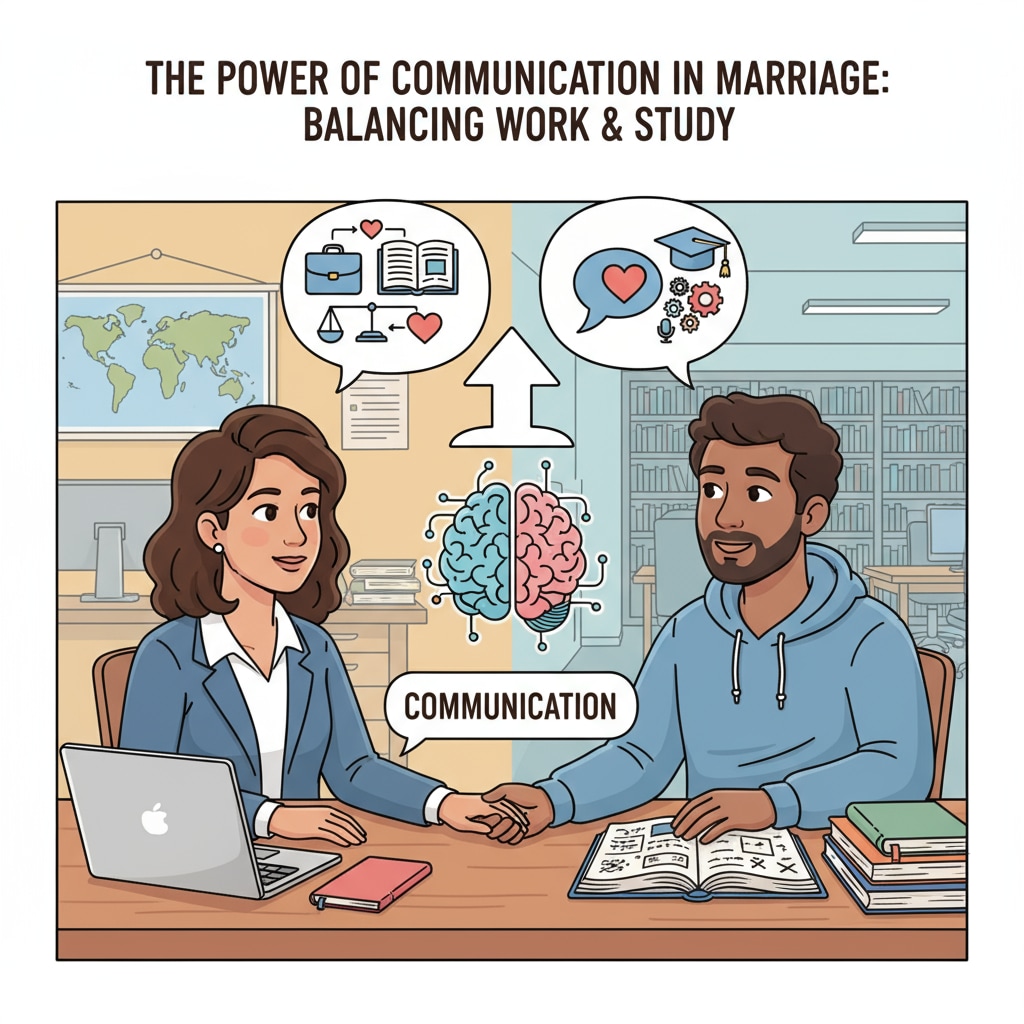In the modern era, the pursuit of work-learning balance, full-time study, and a stable marriage relationship has become a complex yet essential challenge for many individuals. K12 educators, in particular, often find themselves in this unique situation, striving to excel in their professional lives, further their education, and nurture their marital bonds. This article delves into effective strategies to achieve harmony among these three crucial aspects of life.

Time Management: The Foundation of Balance
Effective time management is the cornerstone of achieving a balance between full-time work, full-time study, and marriage. K12 educators can start by creating a detailed schedule. For example, allocate specific time slots for work tasks, study sessions, and quality time with their spouses. By setting clear boundaries, it becomes easier to focus on each activity without distractions. As a result, productivity increases, and stress levels can be better managed.
Setting Priorities: Knowing What Matters Most
Determining priorities is crucial. K12 educators need to evaluate their long-term goals and values. Is it career advancement through further education? Or is it maintaining a strong emotional connection with their spouse? By understanding what truly matters, they can make informed decisions about how to allocate their time and energy. For instance, if family is a top priority, they might choose to spend more quality time with their spouse on weekends, even if it means sacrificing some study time. However, this should be a balanced decision, ensuring that all aspects of life are still progressing.
Priority setting on Britannica

Communication: The Key to a Strong Marriage
In a marriage, open and honest communication is vital, especially when one partner is juggling work and study. K12 educators should communicate their schedules, stress levels, and expectations to their spouses. This helps the spouse understand the challenges they face and provides an opportunity for mutual support. In addition, regular check-ins and discussions about the relationship can prevent misunderstandings and build a stronger emotional bond.
In conclusion, achieving a balance between work-learning, full-time study, and marriage is indeed a challenging but achievable goal. K12 educators, with the right strategies in time management, priority setting, and communication, can create a harmonious and fulfilling life. By embracing these practices, they can not only excel in their professional and academic pursuits but also nurture a loving and stable marriage relationship.
Readability guidance: This article uses short paragraphs and lists to summarize key points. Each H2 section provides a clear set of ideas. The proportion of passive语态 is kept low, and long sentences are minimized. Transition words like ‘however’, ‘therefore’, ‘in addition’, ‘for example’, and ‘as a result’ are used throughout to enhance readability and flow.


